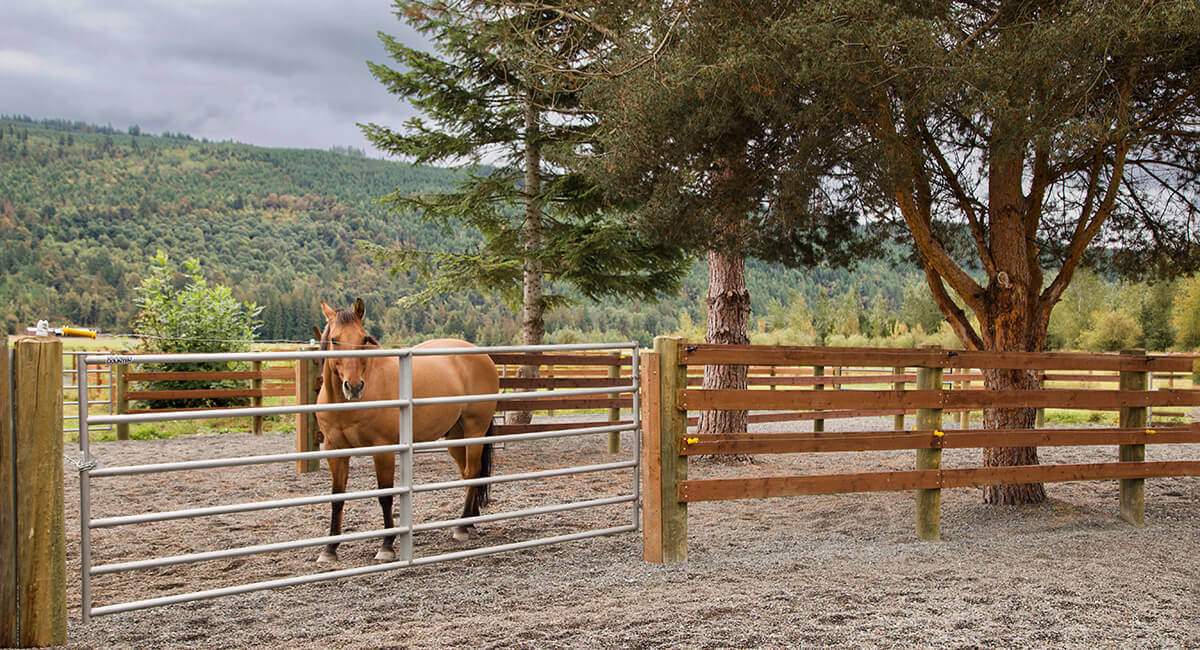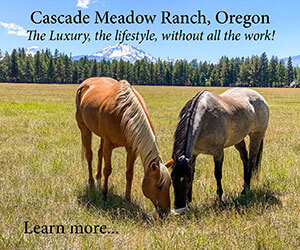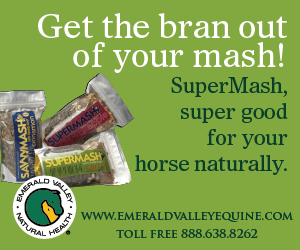Keep Your Equines Safe and Where They Belong
Few things are more important on a horse property than good fencing. Well-constructed, safe, effective fences give you the peace of mind to know your horses will stay home and add value to your property. Fencing represents a huge financial outlay, so it’s worth investigating your choices carefully with your specific needs in mind before you bring horses home.
Here are some important things to consider when fencing your horse property.
The fence must match the horses and the space.
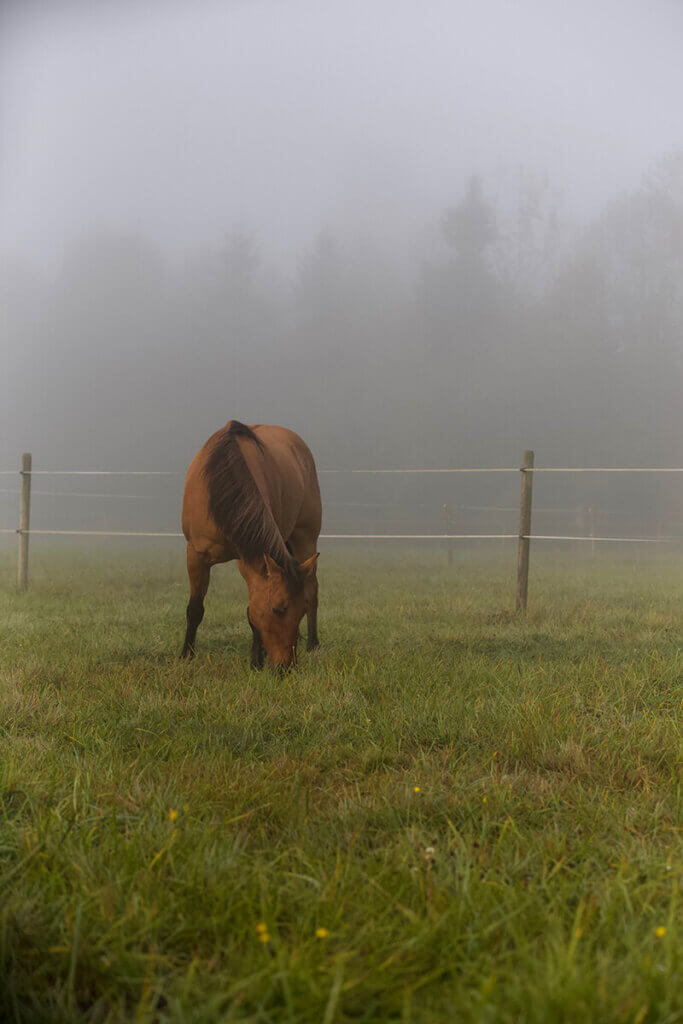
Generally, the smaller the space you are fencing the stronger the fence needs to be. Electric wire, poly tape, rope, or braid fences will lead to much frustration when used in small paddocks with multiple horses close to each other. Field wire fence can catch a shoe and gets smashed down or out of shape quickly. Small sacrifice areas and paddocks off stalls need the safest, strongest fencing possible.
Always assume horses will kick at each other and play across the fence, or they’ll lie down and roll their legs into or under it. They rub, chew, and lean—doing their best to destroy your expensive fence and incur a veterinary bill—so build a barrier that can hold up to horses’ antics. Tall horses need tall fences as do stallions. Foals need fences they can safely “bounce” off and not go through or under. I’ve seen beautiful steel, pipe fences smashed down by horses with an itch. Hot wires across gates and along the tops of rails can prevent destruction and chewing and allow you more time to ride instead of fixing fence.
My preference for small paddocks is well-constructed post and rail, with beefy posts set deep in the ground. Though I’m not a carpenter, I’m capable of making repairs on this kind of fence myself and the beauty of a wood fence never fades.
Put a secure fence on the perimeter of your property.
The most important fence on your place is the one that keeps your horses home and off the road and keeps dogs and (hopefully) people out. Consider a driveway gate for added security. A horse hit by a car on the road is a nightmare that could kill both the horse and the driver of the car. As horse owners it’s our responsibility to keep our horses and others out of harm’s way.
My farm’s perimeter is fenced with five-foot tall, no-climb, V-mesh fencing with heavy wood posts with an electric wire over the top. It’s dog proof, hoof-proof, and was built over 30 years ago and has never needed any maintenance other than weed control. Not as beautiful as a board fence, I prefer it for a long run on a road or around my property’s perimeter.
Many people add a board on the top to make field fence studier; I would recommend a hot wire here too, even with that additional board, to keep horses from leaning or rubbing on the fence.
Poly tape fences work for pasture rotation or dividing large pastures.
When dividing large pastures up into smaller fields for pasture rotation or to separate geldings from mares or bullies from scaredy cats, poly tape electric fences are highly visible, inexpensive, and easy-to-construct. I build them with wood posts only (no metal T-posts), make sure they’re “hot” and will break at the ends if a horse gets entangled, and I check them often. These types of fences can be easily destroyed by a big wind or snowstorm, so keep that in mind if using them in poor weather. These are not good fences to use as a perimeter to your property.
What to avoid
As mentioned above, it’s best to avoid metal tee posts. Many horses have been seriously injured by these kinds of fences. Even in large, multiple-acre pastures, horses seem to have a knack for impaling themselves on them. Barbed wire and high-tension electric wire fences are extremely dangerous to your horses and should not be used—even in large fields.
Unfortunately, the reality of fencing horse properties is that it never really ends. All fences require maintenance (some more than others) and eventually wear out and need to be replaced. Horses are hard on construction as they were never meant to be contained. Maintaining your fences and monitoring them often for problems will help them last longer and continue to keep your horses home and safe.
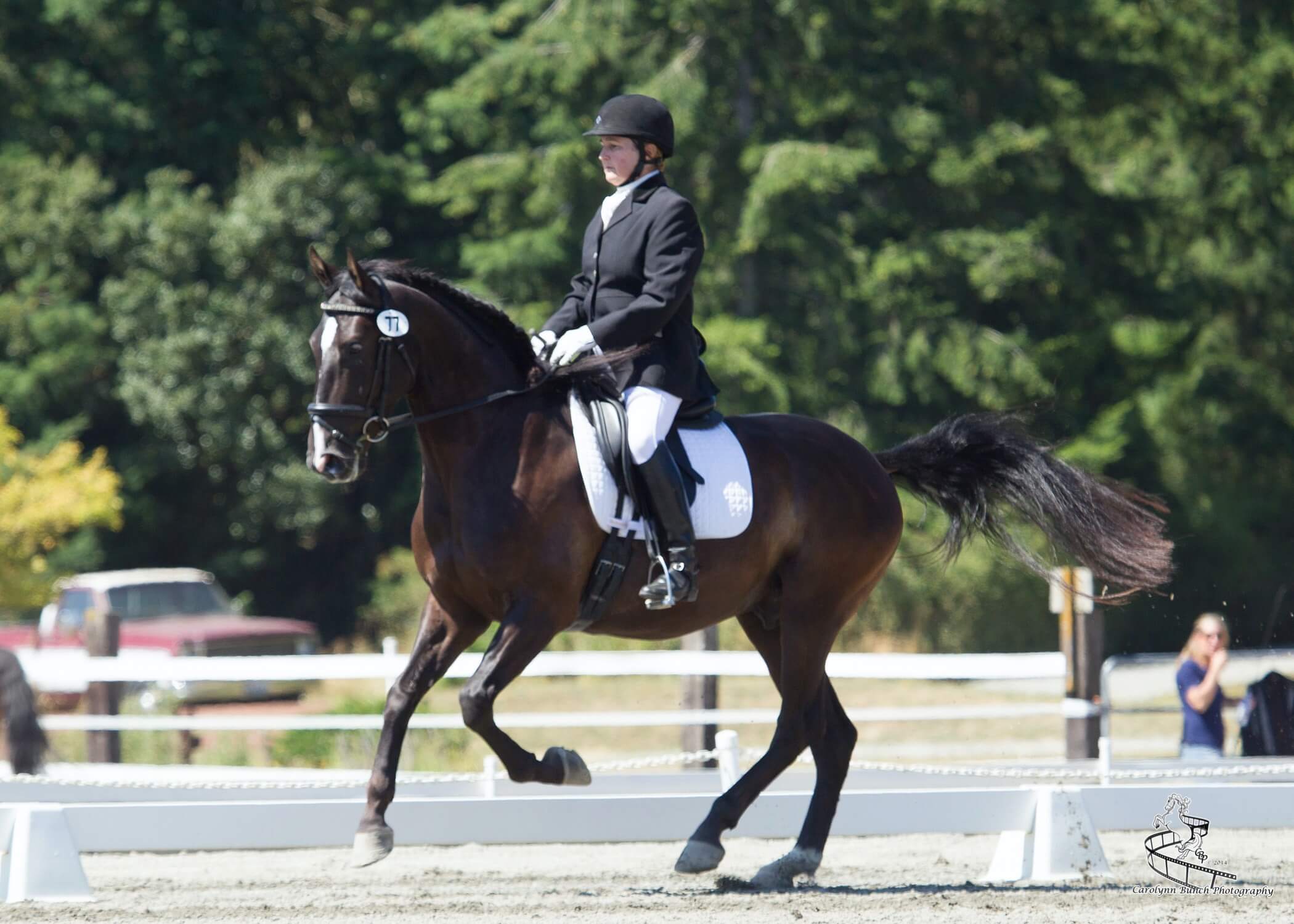
Kim Roe grew up riding on the family ranch and competed in Western rail classes, trail horse, reining, working cow, and hunter/jumper. She trained her first horse for money at 12 years old, starting a pony for a neighbor.
Kim has been a professional dressage instructor in Washington state for over 30 years, training hundreds of horses and students through the levels. In recent years Kim has become involved in Working Equitation and is a small ‘r’ Working Equitation judge with WE United.
Kim is the editor of the Northwest Horse Source Magazine, and also a writer, photographer, and poet. She owns and manages Blue Gate Farm in Deming, Washington where she continues to be passionate about helping horses and riders in many disciplines.

